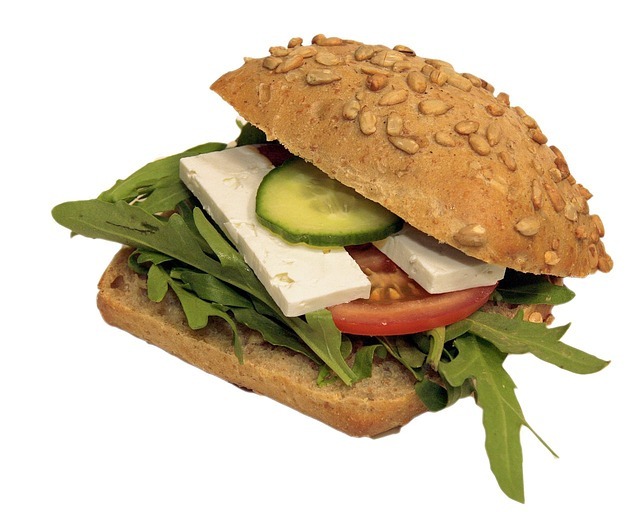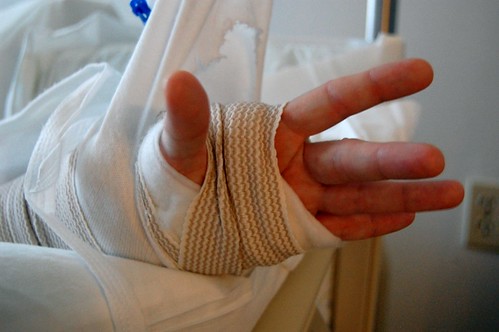Last week we looked at the first two steps to leading a successful Essentialist life: identifying the important, and getting rid of everything else.
Since you’ve all had a week (or seven days) to work on that, no doubt your lives are now swept clean of all extraneous matter, dust-catchers and time-wasters. No? Well, neither is mine, but every little bit helps, and we’ll get there.
Step three is to remove obstacles; in other words, to make it as easy as possible to do the important things, and not do the unimportant things.
But the procrastination, I hear you say. How do we defeat the procrastination? This has been an ongoing battle in my life, and an ongoing preoccupation of the blog since – well, since the second post I ever wrote.
It was sometime while reading Essentialism, or a book quoted therein, The Power of Habit by Charles Duhigg – sorry I can’t be more precise, but I’ve been sick the last couple of weeks and it’s all turned into a sort of formless soup of days – that I had the epiphany.
The solution to procrastination is habit.
What is procrastination but the deferral of what we know we need to be doing? What is habit, but the doing of things without thinking about it?
Of course, not all habits are good habits. When we think of having a habit, we tend to think of drink or drugs or smoking, or something similarly unhelpful or destructive. Think again.
Do you have to consciously make the decision to brush your teeth twice a day, or do you find yourself wandering into the bathroom and loading up the toothbrush automatically (whether it’s time to brush your teeth or not)? Do you need to think about where the light-switch is, every time you walk into a dark room, or do you just turn it on? Do you get dressed in the morning, or do you head off to work in your pajamas?
Habits can be good or bad. The trick is to make a habit (or rather a whole slew of habits) of doing the needful thing, so you don’t have to spend all your time and energy strong-arming yourself into doing it, or feeling bad for not doing it. You just do it. Easier said than done, I know, but there are things that can help.
For one, you can trick your brain. Brains get so used to how the habit works – cue, routine, reward – that they wander off and do something else meanwhile and just stroll back when it’s all over to check that nothing exploded. As long as the cue – whatever starts the routine rolling – and the reward – feeling good afterward – remain the same, you can put pretty much anything in the middle and your brain doesn’t really notice. If you think of a habit as a sandwich, the cue is the first slice of bread and the reward is the second. Your brain doesn’t really notice what’s in the middle, it just goes “ha! a sandwich!”
So you can change the filling of your habit sandwich, and your brain will never notice, because by the time it comes back to check that everything happened as usual, the sandwich is down the hatch and your brain is too proud to ask your digestive system what just happened. (It are a fact. I know because of my learnings. Read Duhigg if you want something a bit more legit.) The crucial difference is that you’re doing what you want & need to do, instead of what you briefly felt like doing.
That’s changing habits. It is also possible to start entirely new ones, although it seems to take more work as you are creating an entirely new pathway in your brain instead of altering an old one. This is the sort of thing that FlyLady gets you to do.
Either way, whether re-using an old pathway or creating a new one, the aim is to tread that pathway down into a rut that you can slide along with the minimum of effort. Yes, it takes a lot of work at first to create a new habit or amend an old one, but think of the results! Imagine a life where you don’t waste your time doing things that don’t matter, and where the important things get done quickly and efficiently without you having to constantly bully and nag yourself into doing them.
Doesn’t that sound good?
It is possible, and the way to reach this golden dream of a future is to train our habits to serve us, instead of allowing ourselves to serve them.
So there you have it, my fellow procrastinees. Go forth and conquer.











